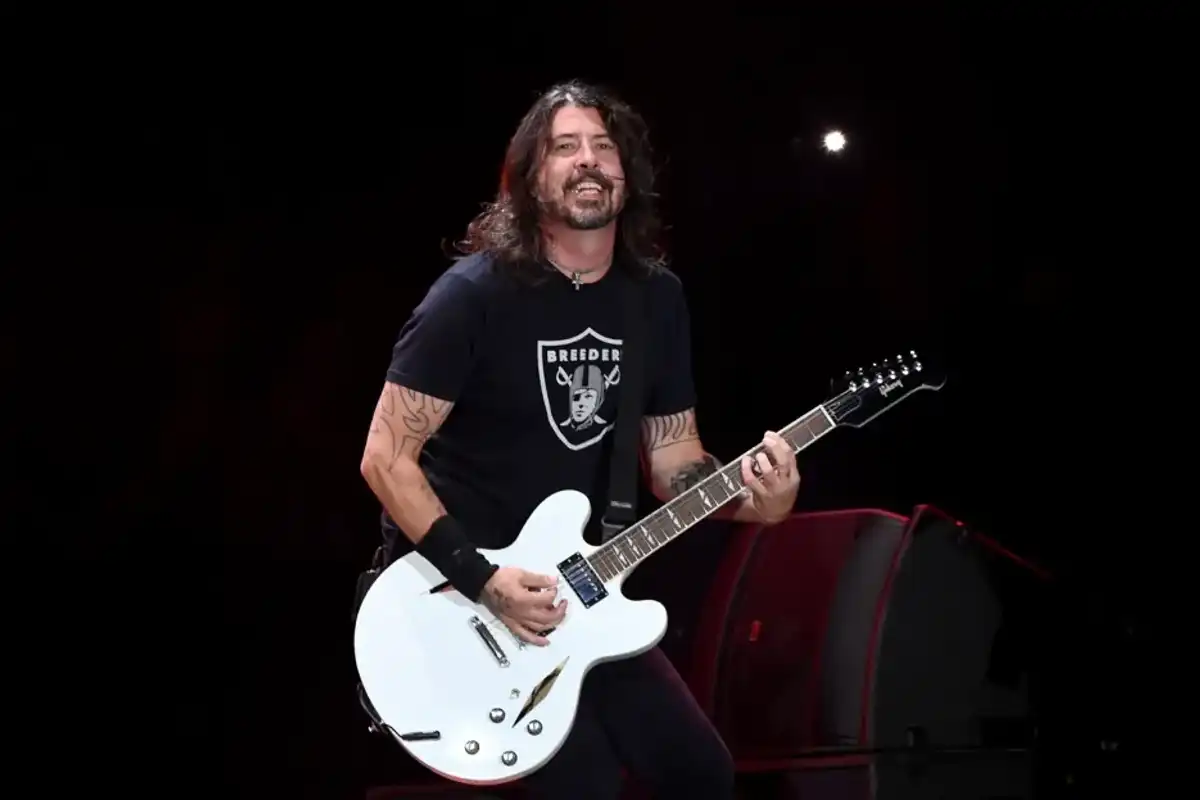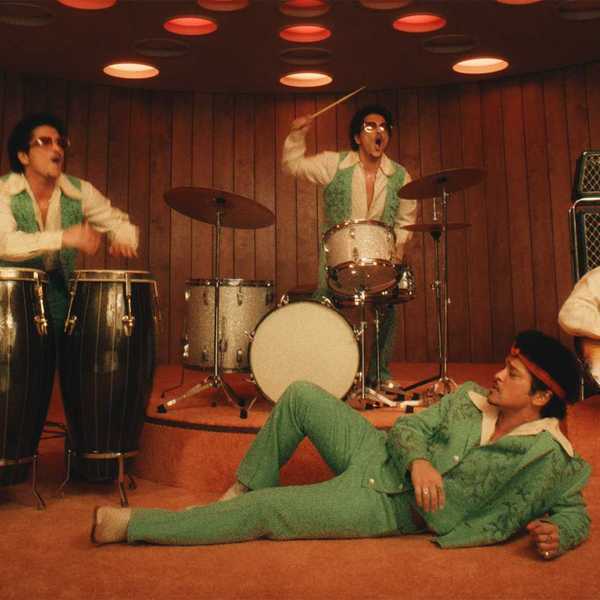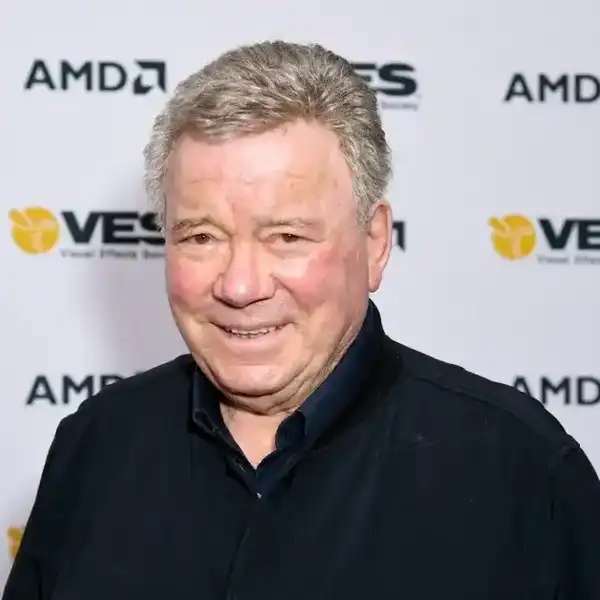Excerpts From Bill King's 'An American Rock 'n Road Story'
The musical renaissance man has just published a must-read memoir of his life in ‘60s America. He explains that “in writing the book I wanted to share with the reader the joy of discovery, how music plays a central role in conditioning the heart and soul and take you back when times were freer and police, rednecks and hardhats kicked us around like we were alien garbage.”

By Bill King
First up, I would like to thank Gary Slaight, Derrick Ross, and David Farrell for asking me to speak of the new book – Coming Through the ‘60s: An American Rock ‘n Road Story.
Secondly, a bit of back history.
The late Arnold Gosewich and I would meet every second month for morning coffee and talk about writing. Writing? Arnold saw something in me – the words on the page. He insisted I write celebrity bios – that ghostwriter stuff. I chose not to. Arnold persisted so I came up with the first draft of a book of which he pushed along to publishers. The same response – more stories about the fame and fortune of the notables. What the hell am I going to say? I saw so and so bonking some guy in the men’s room crap? Not I. I told Arnold I would write about what I know - my early days and the journey.
Last night, it is five in the morning and I revisit the book in my head. I now have a proof copy. I saw the streets of New York. Not 2020 New York, but ‘60s NY. I saw the faces of the young men and women I interacted with. They are immortal in my head. I see my room at the Hotel Earle, those savage cockroaches circling the bathroom sink, the winos swinging bottles in the park, the conga players oblivious to the sermonizers and bedraggled communists. Everything one big loud cross-pollinating sonic mess. Janis was there, so was Oscar. My piano teacher Don Murray was sitting on his piano bench, legs crossed, in a dark suit wearing a big smile and pointing at a passage in a Beethoven Sonata and asking me to name the chords as they roll past. I saw the world as a Kodachrome movie and stored those memories in a vault back of the brain that when recalled plays like a 60-inch flat-screen 4K TV.
I am not a guy versed in English literature glued to a reference library and able to quote only the most brilliant passages in scripted history. I am a musician – a travelled player. Not the one who found success and boarded an airplane to only land and inhabit big stadiums and disappear in a puff. Nope. I am a groundhog. The kid with a dream who strolled, and thumbed his way across America, clueless but loving the adventure. Most my age went on to finish university and straight into a stable paycheck and practical life. Not I. I kept on following my passion and a generation on the move. I slept on the streets, under buildings, loved when loved and worried little. Then one day cuffed, summoned to the army and then ordered to Vietnam.
To tell my story in completeness start at the beginning just after victory was called in Europe and 1946. My dad spent four years down a foxhole and severely wounded. The early years with him were brutal. There was no confirmation he suffered from PTSD only a family who must endure the unexpected and most violent outbreaks, walk on eggshells, and humour a hurting man. Dad wore the medals of bravery and time served. Every family had a story – sometimes more complicated than others. I remember back doing radio and television promo for some music project I’d created and taxied around with journalist/writer Sylvia Fraser. Sylvia shared her story about her father, and I shared mine. I trembled when she spoke of the cruelty. Then again, we came from different circumstances, but I understood the hurt.
In writing the book I wanted to share with the reader the joy of discovery, how music plays a central role in conditioning the heart and soul and take you back when times were freer and police, rednecks and hardhats kicked us around like we were alien garbage. I also wanted this to be about family, our families, the ties that bind, the distant relatives, loss and suffering and survival. I chose to dwell on the positive, long ago rest sorted itself out. Here are a few passages:
The Hullabaloo Club (Sunset Strip) 1966
“We were there for the debut of Toronto soul act, Mandala: November 26, 1966. I didn’t know what to expect from the group until the band started playing a high-energy fusion of soul and blues. When the band cut loose, I found myself consumed by the moment. Lead singer George Olliver spun, twisted, and danced, a white man’s impression of James Brown. A strobe light kicked in, and the crowd revelled in the unexpected frenzy. Dressed as costumed gangsters, not exactly the style of the times, unless you were playing lounge gigs in Vegas, the band had something different going for them. Andy and I got with the band’s energy and drummer “Whitey” Glan’s rapid-fire footwork. We nudged one another as guitarist Domenic Troiano shed a few cutting licks, becoming instant disciples. Mandala was the momentary rage of Hollywood, making a return visit a week later and packing the place, yet there were signs the “white soul man” routine was not in step with the times. Just as fast as they arrived, they faded from sight.
One grand January night in ’67 at the Hullabaloo, the featured act for this occasion, The Buffalo Springfield (Stephen Stills, Richie Furay, Neil Young, Ken Koblun and Dewey Martin), The Seeds and organist Stu Gardner’s trio. Gardner would go on to become Bill Cosby’s music director. On this night, the Buffalo Springfield caught fire with For What It’s Worth. The Seeds, by comparison, were a weak Hollywood opening act featuring lead singer Sky Saxon, a poor man’s Mick Jagger. Saxon struggled to elevate his rambling stage act, playing their radio hit Pushin’ Too Hard — nothing more than a clichéd bit of stage antics. Riding high with a cameo appearance in Lee Marvin’s classic film, Point Blank, the Stu Gardner Trio took the stage. Gardner straddled the line between Vegas schmaltz and Sunset Strip hip. Between soul, and psychedelic. One moment the groove would be percolating James Brown, the next, a slow descent into lounge-act hell. There were long extended jams with solid organ riffs and lots of testifying. Fortunately, for Gardner, the late-night crowd had arrived, and teens vanquished to the Sunset Strip. Gardner played a popular soul-pop style of Hammond B-3 organ, part funky and part middle-ground. The Sabori brothers recalled Peterson’s catcalls and took it personally, taking leave of future excursions up the Hollywood freeway. I took it in stride. Besides, I had lived through so many stupid one-liners in Indiana, for me, it was just harmless ridicule.”
A Street is Not A Home (Greenwich Village)
It was now late morning, and I dragged myself to Washington Square Park. I recalled the surrounding neighbourhood from the movie Barefoot in the Park from screening a year or so ago at one of those triple bill cinemas, when I developed a boy-crush on Jane Fonda. The adjacent buildings looked familiar, and I speculated Jane still lived in the apartment across the street and left a key under a doormat for me. To my left, a field of winos, vagabonds, bikers, conga hackers, and drug addicts, not quite as I had imagined. In the distance, a public fountain near where I claim a small patch of grass, and I would rest my long frame on neutral ground. Every moment or so, a stranger would drift by and advise me to tuck my possessions under my stomach. I had a few. Most everything I owned was still in the backroom of that Horatio Street flat, the rest in my side pockets. Until I found permanent residence, I prayed the guy did not shove my possessions to the curb. Under a brilliant night sky, I counted stars and observed distant constellations as I drifted in and out of sleep, eyes fixated on the neighbouring porch lights. I thought about home, the dark times and recalled my last conversation with Dad before leaving and saying to him, “nothing out there could be worse than living here,” and how at this moment, no matter how difficult or how problematic, this was still paradise in comparison. Streaking comets rocketed across the horizon and then suddenly dimmed. I smiled and watched with a child’s enthusiasm never fully understanding why I was gifted with a “faith gene” made of cast-iron optimism. As rough as the days were, I never felt as relieved, confident, and positive about the future, New York seemed all-embracing.”
The Bitter End Café
“I am out front of the Bitter End on a set break from Louis Jordan’s, where there’s always someone of note on stage, run into club owner Paul Colby, and chat him up. Those short talks paid dividends. Colby would occasionally pop out and take a break from the club pressures. That night I heard a voice so angelic one would have assumed from heaven. The sound drifted from the smoky interior out onto the streets. I stood there, soaking up every phrase, even the lovely down-home patter between songs then noticed the room overflowing. Colby slides out and offers me a seat back of the room with a warning: if a tourist asks for a stool, you will have to leave. I lasted three songs. But those songs cut deep into my soul. I watched newcomer Joni Mitchell’s every gesture; from the tuning of the guitar to the drama in every scripted verse and marvelled at her features, so delicate and not of this planet. Then I’m told she is from Canada. The following week I catch a full night of her at the Anderson Theatre. On another occasion, I’d hear wild applause and was denied entry. Colby asked me to be patient. I listened, listened, and listened but did not buy-in. Colby says to me, “This guy is going to be huge; you wait and see.” Neil Diamond owned The Bitter End that night. I did not get it! Hanging around the Bitter End, I would soon meet keyboardist Moogy Klingman. Klingman was tight with guitarist/ producer Todd Rundgren, and always on the move. We shared keyboard stress, talked amplifiers and gigs, then one afternoon he invites me in for a hang inside the Bitter End. On the left side of the stage, a Hammond B-3 organ, right side, an acoustic spinet piano. “Why don’t we jam?” Moogy suggests. Moments in, I look up to see this big Afro move towards the organ. Moogy relents. The jam rolls on. Then I notice it is Sylvester Stone. Not far behind, David Clayton-Thomas. Clayton-Thomas was living in the Village and playing with The Shays.”
Like anything, a lot of patience is required. Being a self-publisher who has been through the quality control process with Talk! Conversations in All Keys – I have a great team in my corner. Kevin C. Wynne took what I thought was a final draft and polished the rough edges to a modest sheen. Magdelene Carson did the layout, further tightening and cover. My pals at CanAm Books in Montreal are printer’s dynamite. I buy in small lots, autograph, and send along. I told Kristine since this book is as much about two people finding themselves hanging together in Greenwich Village and deeply in love, she signs too.
That cover photo? That was taken six weeks after we arrived in Canada with my Yashica rangefinder by a passerby in High Park.
You can order direct – 7arts.press or less informal billkingpiano@gmail.com or for Kindle/eBook Amazon.ca
















